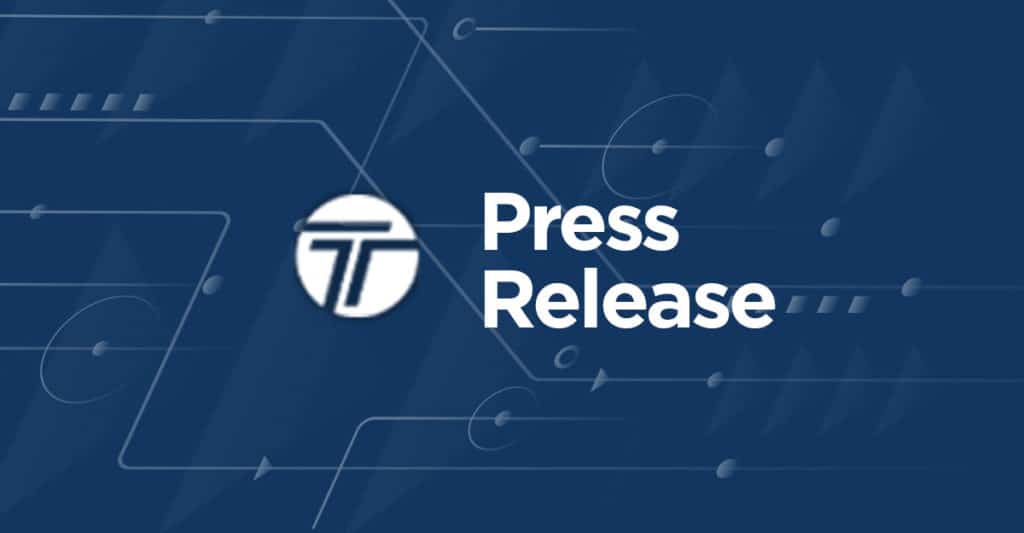As companies navigate market fluctuations and challenges, effectively managing supply chain expenses becomes pivotal for success. What strategies can businesses employ to optimize these costs, enabling them to streamline operations and enhance efficiency?
Leverage Data Analytics for Informed Decision-Making:
Harnessing the power of data analytics offers invaluable insights into supply chain operations. By analyzing historical trends, demand patterns, and performance metrics, businesses can make informed decisions to optimize inventory levels, minimize excess stock, and enhance resource utilization. Furthermore, by using advanced analytics tools, companies can employ predictive modeling, enabling them to anticipate demand fluctuations and proactively adjust their strategies. This helps in reducing supply chain costs associated with stockouts and overstocking.
Embrace Technology to Enhance Efficiency:
Integrating technologies like AI-driven predictive analytics, blockchain, and IoT into supply chain management processes can revolutionize cost optimization efforts. Automation of routine tasks and real-time monitoring of inventory levels, along with enhanced visibility across the supply chain, facilitate swift identification of bottlenecks and inefficiencies. As a result, this enables prompt remedial action and cost reduction.
Collaborate with a Knowledgeable Third-Party Logistics (3PL) Provider:
Partnering with a reputable third-party logistics provider offers numerous benefits in optimizing your supply chain cost. A knowledgeable 3PL brings industry expertise, specialized infrastructure, and established networks. This enables businesses to leverage economies of scale, negotiate favorable freight rates, and access value-added services like warehousing, transportation, and order fulfillment. By outsourcing non-core logistics functions to a reliable 3PL, companies can focus on core competencies while benefiting from cost-effective, streamlined supply chain operations.
Implement Lean Principles for Waste Reduction:
Embracing lean principles emphasizes continuous improvement and waste elimination throughout the supply chain. By identifying and eliminating non-value-added activities, streamlining processes, and optimizing resource utilization, businesses can minimize lead times, reduce inventory holding costs, and enhance overall efficiency. Lean methodologies like Just-in-Time (JIT) inventory management and Kanban systems facilitate demand-driven production, ensuring optimal resource allocation and supply chain cost savings.
Foster Supplier Collaboration and Negotiation:
Cultivating strong relationships with suppliers and engaging in collaborative partnerships can yield significant cost savings opportunities. By establishing mutually beneficial agreements, consolidating orders, and negotiating favorable terms, businesses can secure competitive pricing, minimize procurement costs, and mitigate risks. Additionally, fostering open communication channels with suppliers enables proactive resolution of issues, ensuring seamless operations and cost-efficient supply chain management.
Invest in Employee Training and Development:
Empowering employees with the necessary skills and knowledge fosters a culture of innovation and continuous improvement within the organization. By investing in training programs focused on supply chain optimization, inventory management best practices, and utilization of technology tools, companies can enhance workforce productivity, reduce errors, and drive cost efficiencies. Well-trained personnel are better equipped to identify cost-saving opportunities, implement process improvements, and adapt to evolving market dynamics, thereby contributing to overall cost optimization efforts.
In sum, effective management of supply chain costs is essential for driving sustainable growth and maintaining a competitive edge in today’s business environment. By leveraging these strategies like data analytics, embracing technology, collaborating with a 3PL, businesses can achieve significant cost savings. Additionally, a proactive, strategic approach to cost optimization positions organizations for long-term success and resilience in evolving markets.



